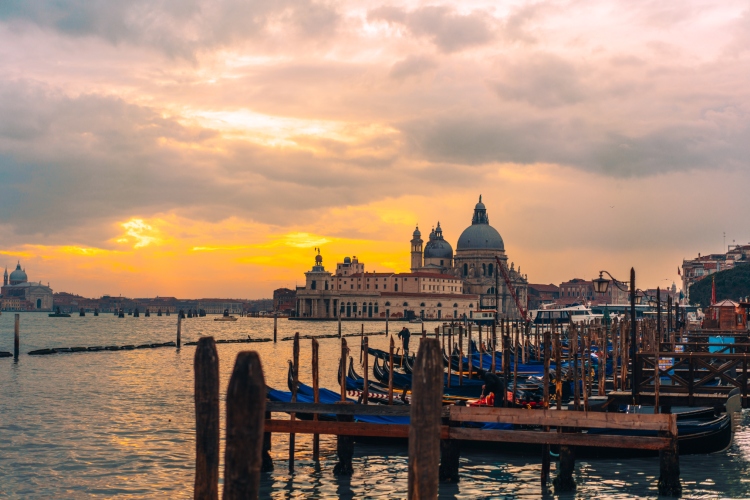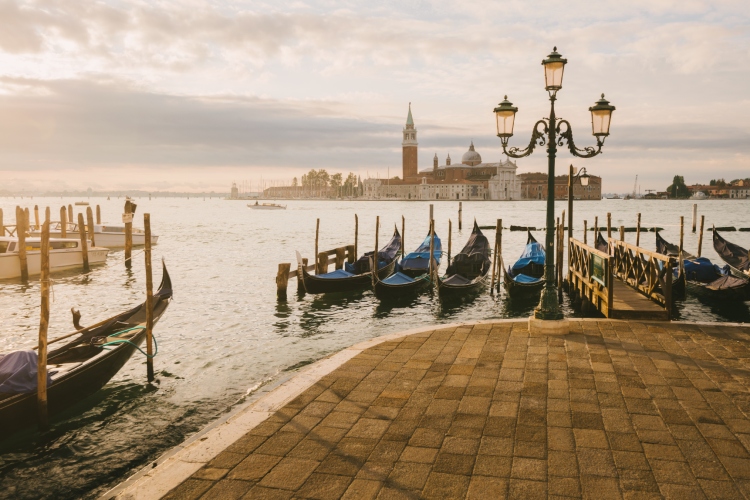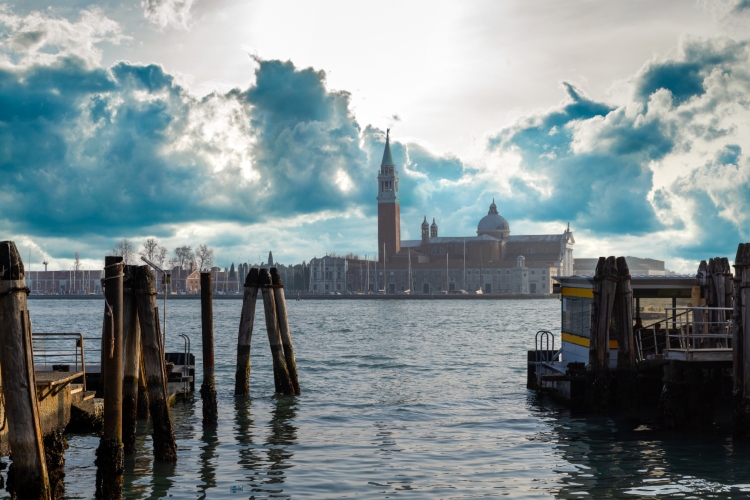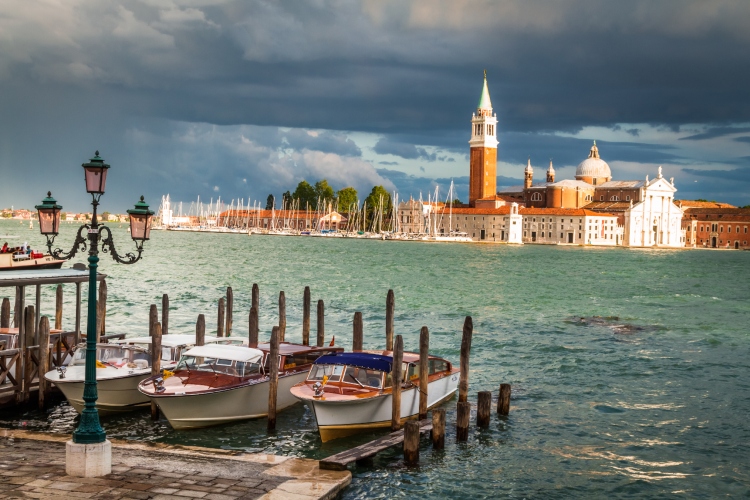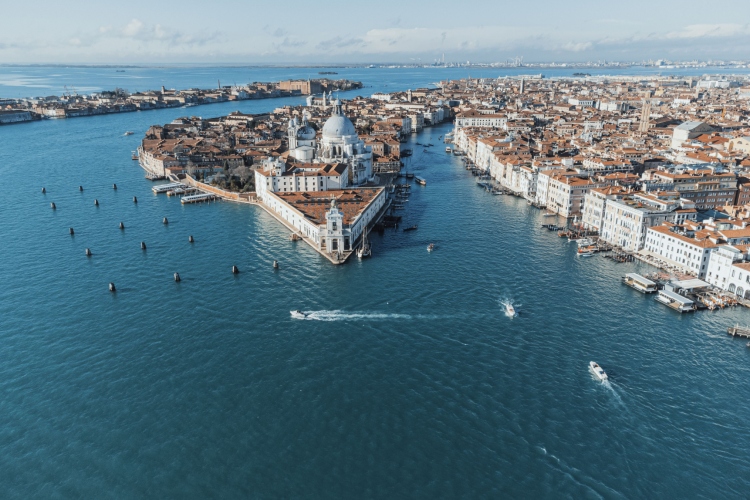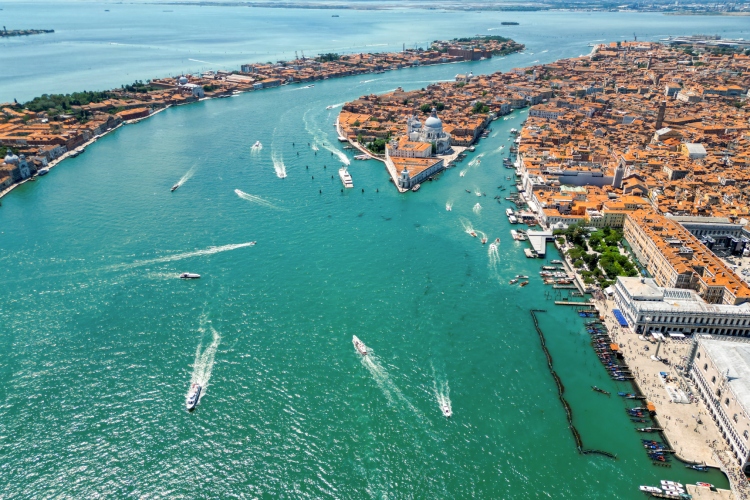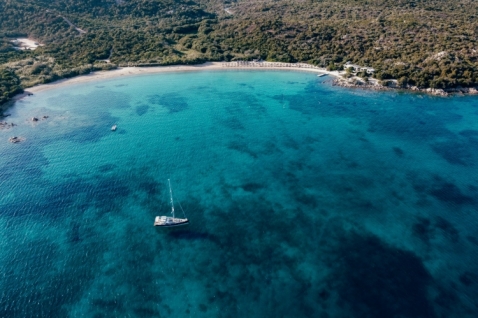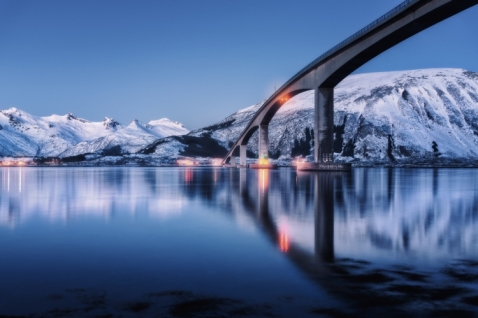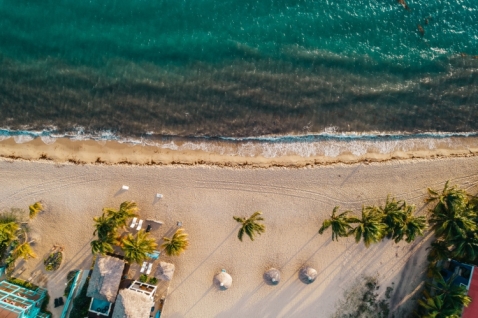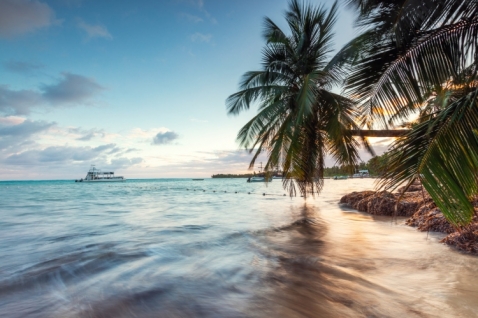More photos
A record number of visitors is expected to flock to Venice this year, much to the locals' dismay.
While opinions may vary on whether Venice, Italy, is a tourist trap, one fact remains undeniable: it's turning into a tourist town.
This year, tourist numbers visiting the lagoon city are anticipated to hit an all-time high, as reported by The Wall Street Journal on Friday. This surge comes as the city's full-time resident numbers are dwindling. Last year marked the first time in three centuries that Venice's population dropped below 50,000. A recent report highlighted that September is the first month ever in which the number of beds in hotels and short-term rentals exceeded the population of Venice.
"Look at this, it's out of control," Venice native Lidia Fersuoch told the WSJ. "We've turned into Italy's answer to Disneyland."
Venice has always grappled with waves of visitors, especially during peak seasons like mid-summer. However, the influx has intensified in recent years, pushing the city to a tipping point. Businesses that previously catered to residents are now shutting down to make way for souvenir shops and eateries targeting tourists, and finding certain medical specialists has become so challenging that residents are forced to seek care on the Italian mainland.
To combat overtourism, Venice has implemented measures such as prohibiting large cruise ships from approaching too close to the central islands. Yet, local researchers argue that when large vessels and private yachts navigate through the lagoon, they inflict damage on the city—a claim the city council disputes. Moreover, Venice plans to impose a €5 (approximately $5.33) fee on day visitors during peak seasons starting next year.
However, locals believe these efforts are insufficient. One resident described the fee as merely "a Band-Aid" on the problem. Others call for the city to adopt more significant measures that favor residents, including restrictions on short-term rentals like Airbnb, incentives for property owners to lease to Venetians, and a cap on new hotel constructions.
Until the city administration undertakes such initiatives, locals feel the responsibility falls on them to bring their struggles to the world's attention and maintain control over their city.
"I fear there's little hope of saving Venice," resident Lorenzo Calvelli told the newspaper, "but that doesn't mean I won't fight every day."

